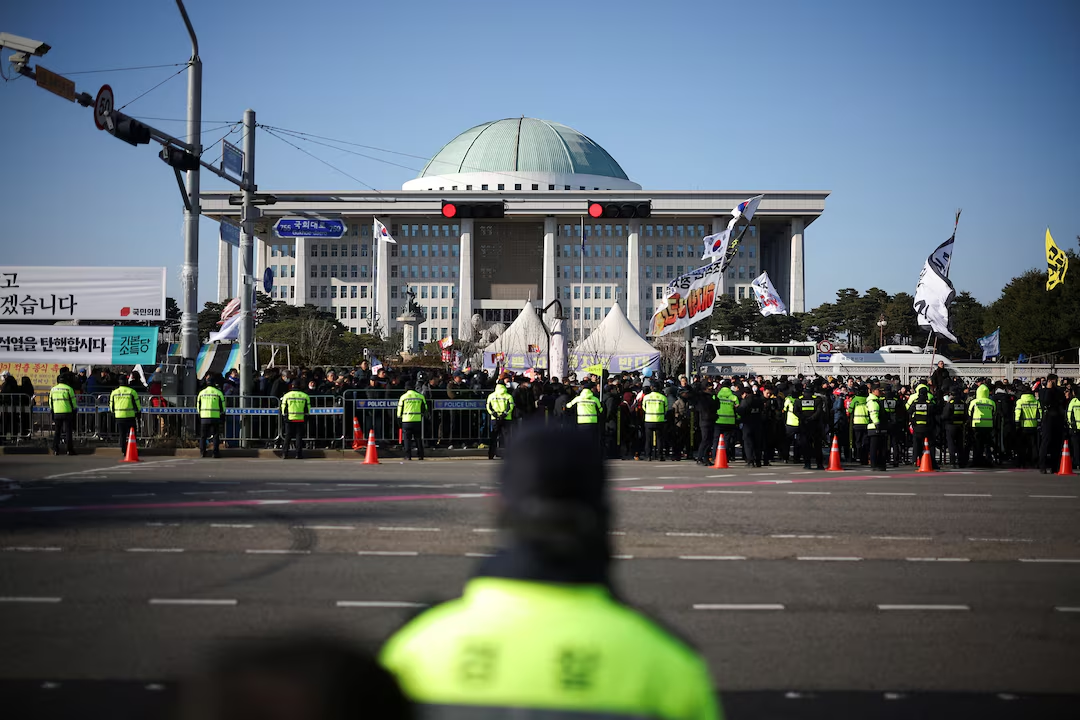South Korean President Yoon Suk Yeol has apologized for declaring martial law last week but refused to step down from office. In a televised address on Saturday, hours before a planned impeachment vote in parliament, Yoon described his decision as "a product of inevitability."
Martial Law Declaration and Its Abrupt Withdrawal
On Tuesday night, Yoon declared martial law, marking the first such move in South Korea since 1980. He justified the decision citing "threats from North Korean communist forces" and the need to "suppress anti-state elements." However, the order was rescinded just six hours later following intense backlash from parliament.
Apology Without Resignation
Addressing the nation, Yoon said, "I sincerely apologize to those who were hurt by this incident. However, I will not resign. I am leaving the responsibility of stabilizing the political situation to my party."
Divisions Within the Ruling Party
The controversy has caused rifts within Yoon's ruling People Power Party (PPP). Party leader Han Dong-hoon stated, "President Yoon is no longer fit to govern. His resignation is inevitable." However, other PPP leaders have opposed impeachment efforts.
Global and Domestic Backlash
The martial law declaration has drawn widespread criticism both domestically and internationally. U.S. Defense Secretary Lloyd Austin canceled a planned visit to South Korea in response to the crisis. South Korean lawmakers have also condemned the move, citing concerns about authoritarian overreach.
Impeachment Vote and Legal Proceedings
Parliament is set to vote on Yoon's impeachment on Saturday. For the motion to pass, at least 200 of the 300 lawmakers must vote in favor. The opposition holds 192 seats, requiring support from eight ruling party members to reach the threshold.
If impeachment passes, the matter will be referred to the Constitutional Court, which could ultimately remove Yoon from office.
Public Protests and Investigations
Thousands of South Koreans have staged candlelight protests outside the National Assembly, demanding Yoon's resignation. Meanwhile, law enforcement agencies have launched investigations into allegations of rebellion, abuse of power, and violations of civil rights against Yoon and his administration.
Potential Penalties
If found guilty of leading a rebellion, abusing power, or violating citizens’ rights, Yoon and his aides could face severe punishments, including life imprisonment or the death penalty.
South Korea's political future remains uncertain as the fallout from the martial law declaration continues to unfold.










